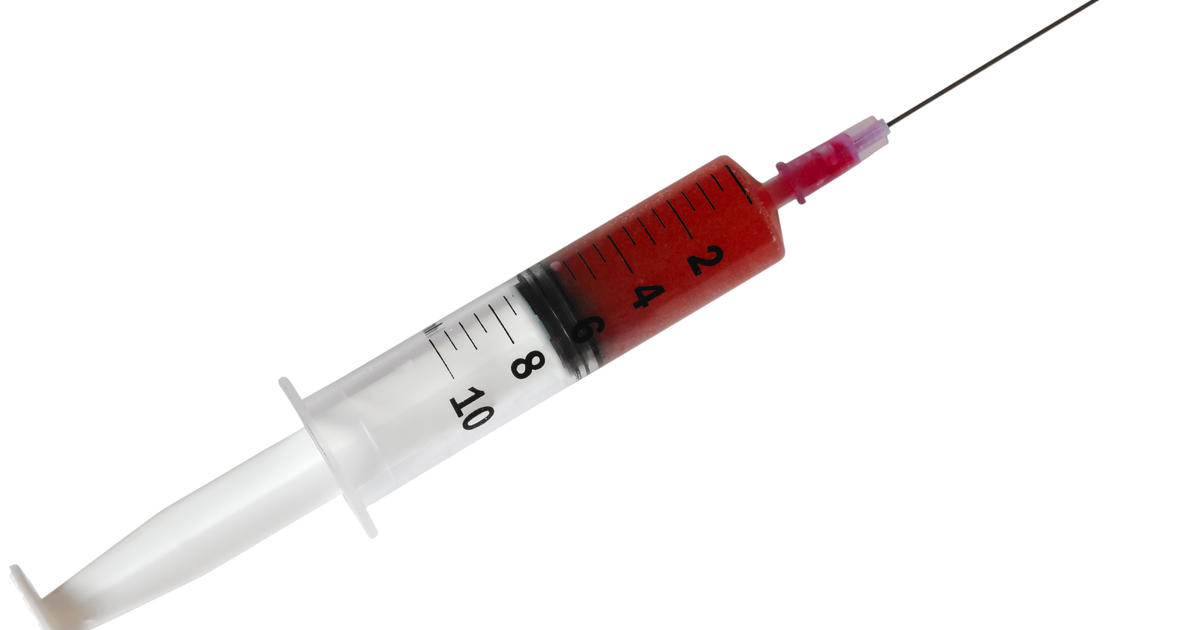
“Vampire facials” at an unlicensed spa infected three people with HIV, CDC finds

A cosmetic process known as a “vampire facial” is considered to be a more affordable and less invasive option than getting a facelift, but the process can be a serious health hazard if done in unsanitary conditions, according to a new report.
That proved to be the case for three women who likely contracted HIV from receiving vampire facials at an unlicensed spa in New Mexico, making the first known cases of the virus being transmitted during a cosmetic injection procedure, according to the findings published Thursday by the Centers for Disease Control and Prevention.
During a vampire facial, a person’s blood is drawn from their arm, and then platelets are separated out and applied to the patient’s face using microneedles, according to one skin clinic. The procedure, also called platelet-rich plasma, or PRP, is touted by proponents as helping to reduce pore size and fine lines as well as rejuvenating the skin.
shut down the VIP Spa in Albuquerque after state inspectors found practices that could potentially spread blood-borne infections, including HIV, to clients. That included unlabeled tubes of blood on a kitchen counter as well as other injectables stored along with food in the kitchen’s refrigerator.
Former VIP Spa owner Maria Ramos de Ruiz pleaded guilty in June of 2022 to five felony counts of practicing medicine without a license, CBS affiliate KRQE reported. She was sentenced to three-and-a-half years in prison.
Those who have had the cosmetic procedure include Kim Kardashian, who posted an image of her bloody face after undergoing the process in 2013. She has since come out against the procedure.
People considering injections for medical or cosmetic reasons are urged to ask whether a provider, clinic or spa is licensed and trained, and if any products involved are FDA approved and purchased from a reliable source. Some states have a look-up tool that can be used to check on licensing, according to the CDC.
Requiring adequate infection control practices at spa facilities offering cosmetic injection services can help prevent the transmission of HIV and other blood-borne pathogens, the CDC stated in its report.
The CDC is separately investigating an 11-state outbreak of botulism linked to counterfeit versions of Botox administered in non-healthcare settings like homes or spas.
Kate Gibson
Source: cbsnews.com